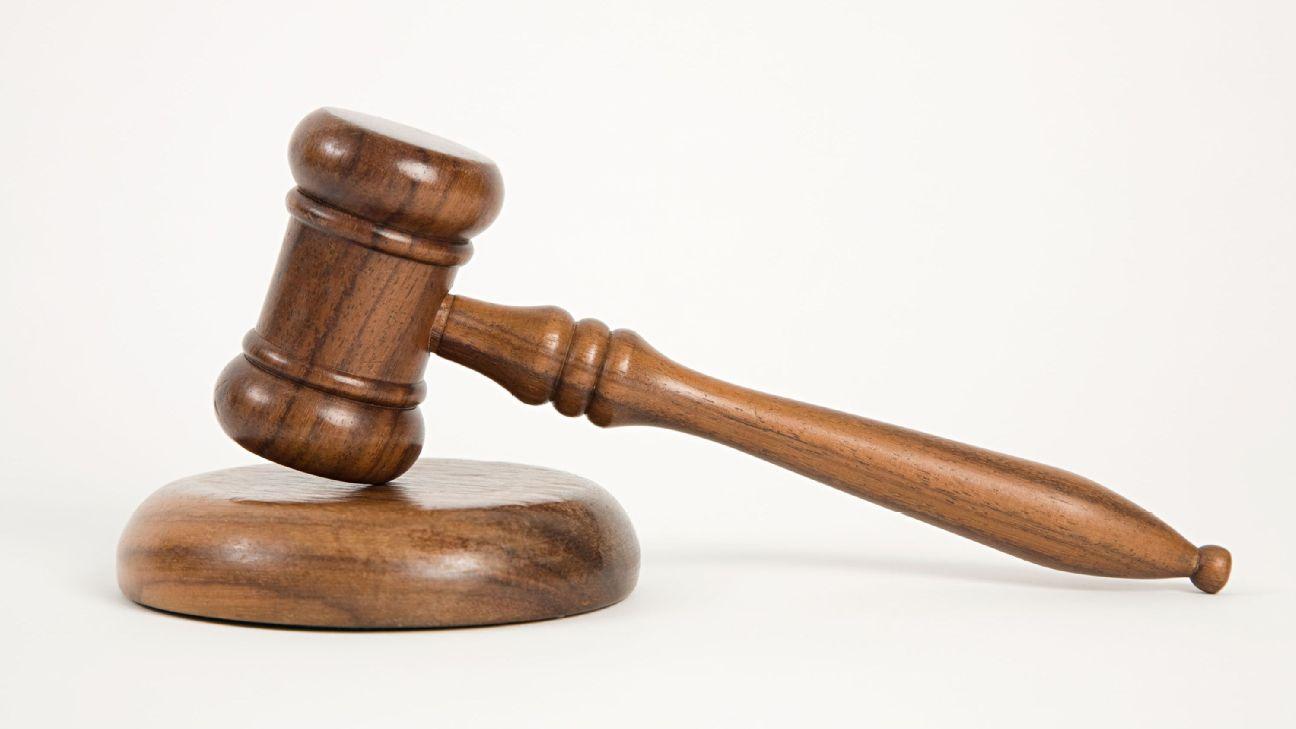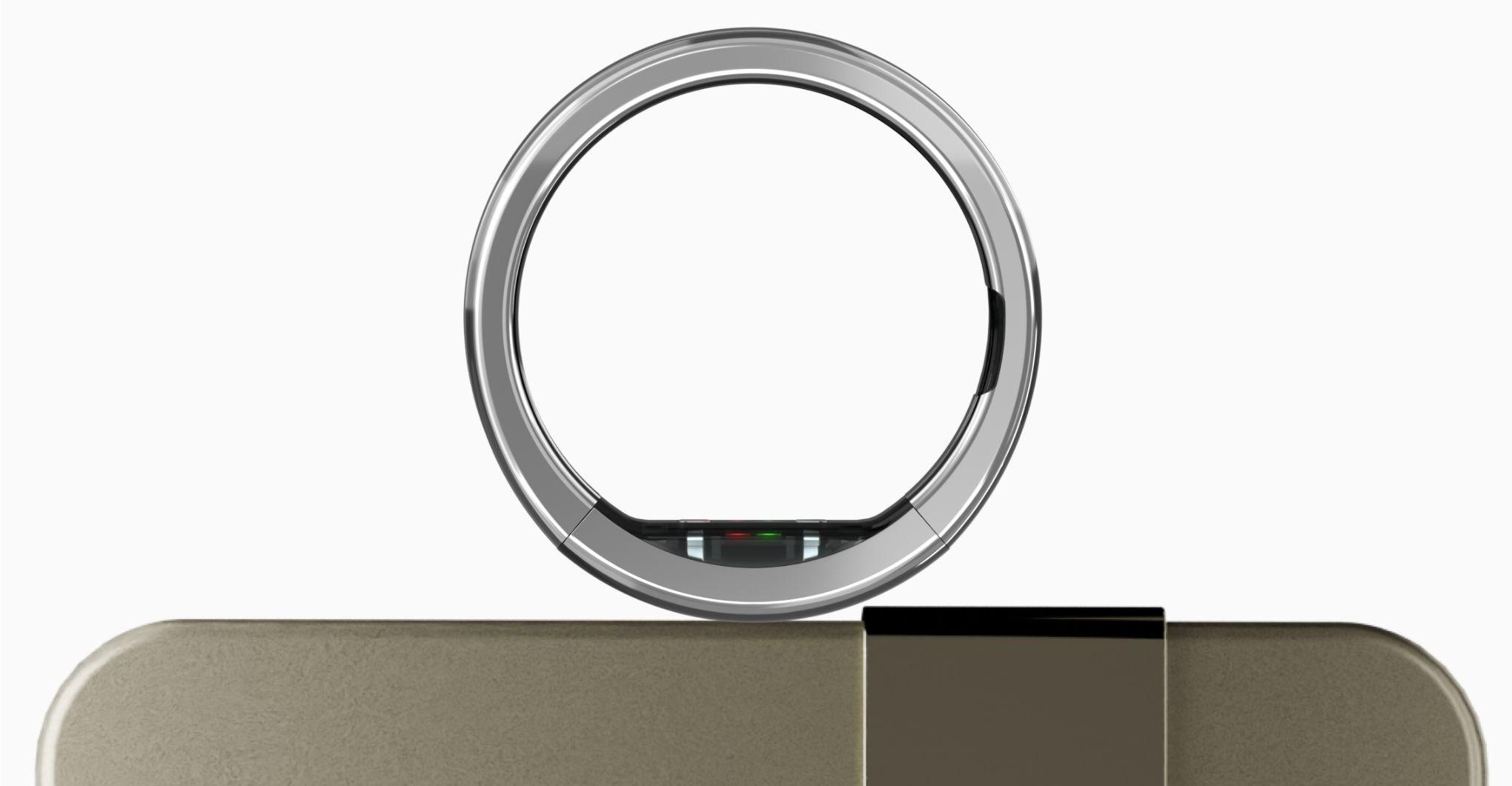A lawsuit brought by more than 35 Iowa college athletes vs. state investigators was dismissed as a judge ruled the investigators had immunity in obtaining the athletes' sports wagering data, even though the search would be classified as unconstitutional.

Published 4 ماہ قبل on نومبر 8 2025، 6:00 صبح
By Web Desk

A federal lawsuit brought by more than 35 Iowa college athletes against state investigators was dismissed Wednesday, as a judge ruled that the investigators had immunity in obtaining the athletes' sports wagering data, even though their search would be classified as unconstitutional.
In April 2024, current and former athletes from the University of Iowa, Iowa State and Ellsworth Community College filed the lawsuit, alleging that state criminal investigators violated their constitutional rights by using geolocation software, without warrants, to track activity on their cellphones from inside the schools' athletic facilities. The investigation resulted in some criminal charges but more so the loss of NCAA eligibility, which ended the college careers of several athletes.
Agents from Iowa's Department of Public Safety, Division of Criminal Investigation, had access to geolocation software through the Canadian company GeoComply, which tracks users from major online sportsbooks such as DraftKings and FanDuel. The athletes' lawsuit alleged that while search warrants were obtained for their cellphones, those warrants were "invalid and unconstitutional" because the information used to justify them was acquired without a warrant.
U.S. District Judge Rebecca Goodgame Ebinger wrote in her ruling that the state's search was unconstitutional when applying Fourth Amendment principles, but that DCI investigators had qualified immunity because the plaintiffs' rights had not been clearly established at the time of the probe. Seven Iowa officials were named in the lawsuit, including DCI special agent Brian Sanger, who spearheaded the investigation into athlete wagering.
"Plaintiffs do not cite to any controlling authority or a robust set of persuasive authority clearly establishing this right, nor could they," Ebinger wrote. "The ability to surveil a person's historical geolocation data using an app's verification system is novel and courts have yet to reach a consensus on the constitutionality of such searches."
She later added: "Because the unconstitutionality of the historical geolocation searches defendants conducted was not clearly established, defendants are entitled to qualified immunity."
Ebinger also ruled that the state had immunity to obtain subpoenas for defendants' information even though the search was unconstitutional, as those rights had not been established at the time. And because match fixing is a felony in Iowa, the subpoenas "did have a lawful purpose," she wrote in the ruling.
"The Court found that the Defendants violated our clients' rights; however, dismissed the case due to the judicially created doctrine of qualified immunity," one of the plaintiffs' attorneys, James Roberts, said in a statement. "The clearly established prong of qualified immunity allows the government to violate constitutional rights as long as they do it in a new and exciting way. Whether they conducted an illegal search with a flashlight, a K-9, or new technology (as in this case), an illegal search is just that -- an illegal search. The government should not get off on a technicality -- simply because there isn't a case telling them they can't use this technology to violate people's rights. The advancement of technology should not -- and must not -- result in the erosion of our constitutional rights. We will do everything in our power to prevent that from happening. We will be appealing this ruling to the United States Court of Appeals for the Eighth Circuit and are prepared to take this case to the Supreme Court of the United States."
Sixteen of the plaintiffs in the federal case faced criminal charges, and 12 of them pleaded guilty to underage gambling. Four athletes were charged with identity theft, a felony, but their cases were dismissed after prosecutors in Story County, responding to arguments raised by defense attorneys, filed a motion noting that new evidence showed state investigators "exceeded the scope of its permitted use" of GeoComply's program.
The wagering data from athletes included a few bets on events involving their teams or others at their schools, or professional sports games. The NCAA prohibited all such wagers.
The Iowa attorney general's office had no comment when asked about the dismissal.
In April 2024, current and former athletes from the University of Iowa, Iowa State and Ellsworth Community College filed the lawsuit, alleging that state criminal investigators violated their constitutional rights by using geolocation software, without warrants, to track activity on their cellphones from inside the schools' athletic facilities. The investigation resulted in some criminal charges but more so the loss of NCAA eligibility, which ended the college careers of several athletes.
Agents from Iowa's Department of Public Safety, Division of Criminal Investigation, had access to geolocation software through the Canadian company GeoComply, which tracks users from major online sportsbooks such as DraftKings and FanDuel. The athletes' lawsuit alleged that while search warrants were obtained for their cellphones, those warrants were "invalid and unconstitutional" because the information used to justify them was acquired without a warrant.
U.S. District Judge Rebecca Goodgame Ebinger wrote in her ruling that the state's search was unconstitutional when applying Fourth Amendment principles, but that DCI investigators had qualified immunity because the plaintiffs' rights had not been clearly established at the time of the probe. Seven Iowa officials were named in the lawsuit, including DCI special agent Brian Sanger, who spearheaded the investigation into athlete wagering.
"Plaintiffs do not cite to any controlling authority or a robust set of persuasive authority clearly establishing this right, nor could they," Ebinger wrote. "The ability to surveil a person's historical geolocation data using an app's verification system is novel and courts have yet to reach a consensus on the constitutionality of such searches."
She later added: "Because the unconstitutionality of the historical geolocation searches defendants conducted was not clearly established, defendants are entitled to qualified immunity."
Ebinger also ruled that the state had immunity to obtain subpoenas for defendants' information even though the search was unconstitutional, as those rights had not been established at the time. And because match fixing is a felony in Iowa, the subpoenas "did have a lawful purpose," she wrote in the ruling.
"The Court found that the Defendants violated our clients' rights; however, dismissed the case due to the judicially created doctrine of qualified immunity," one of the plaintiffs' attorneys, James Roberts, said in a statement. "The clearly established prong of qualified immunity allows the government to violate constitutional rights as long as they do it in a new and exciting way. Whether they conducted an illegal search with a flashlight, a K-9, or new technology (as in this case), an illegal search is just that -- an illegal search. The government should not get off on a technicality -- simply because there isn't a case telling them they can't use this technology to violate people's rights. The advancement of technology should not -- and must not -- result in the erosion of our constitutional rights. We will do everything in our power to prevent that from happening. We will be appealing this ruling to the United States Court of Appeals for the Eighth Circuit and are prepared to take this case to the Supreme Court of the United States."
Sixteen of the plaintiffs in the federal case faced criminal charges, and 12 of them pleaded guilty to underage gambling. Four athletes were charged with identity theft, a felony, but their cases were dismissed after prosecutors in Story County, responding to arguments raised by defense attorneys, filed a motion noting that new evidence showed state investigators "exceeded the scope of its permitted use" of GeoComply's program.
The wagering data from athletes included a few bets on events involving their teams or others at their schools, or professional sports games. The NCAA prohibited all such wagers.
The Iowa attorney general's office had no comment when asked about the dismissal.

Pakistan Army destroys ammunition depot of Fitna-al-Khwarij, Afghan Taliban in Khost
- a day ago

Trump’s Iran war is uniting a strange new anti-war alliance
- 11 hours ago
Pentagon says Iran will not be ‘endless war’
- a day ago
Hockey World Cup Qualifier: Pakistan beat Malaysia to reach semi-finals
- 20 hours ago

Ultrahuman’s new flagship smart ring has a 15-day battery life
- 4 hours ago
Pakistan won’t allow use of neighboring territory to destabilize peace: President
- 21 hours ago
US Marines fired on protesters storming consulate in Karachi, officials say: Reuters
- 2 hours ago
67 Afghan Taliban operatives killed in latest repulsive attacks: Tarar
- 2 hours ago

Pakistan's Cyber Force launches retaliatory attack on India with slogans of Pakistan Zindabad
- a day ago

Meet the toymaker who helped take down Trump’s tariffs
- 11 hours ago

What does “America First” even mean anymore?
- 2 hours ago

Bloodbath at PSX as KSE-100 plummets over record 16,000 points
- a day ago
You May Like
Trending








